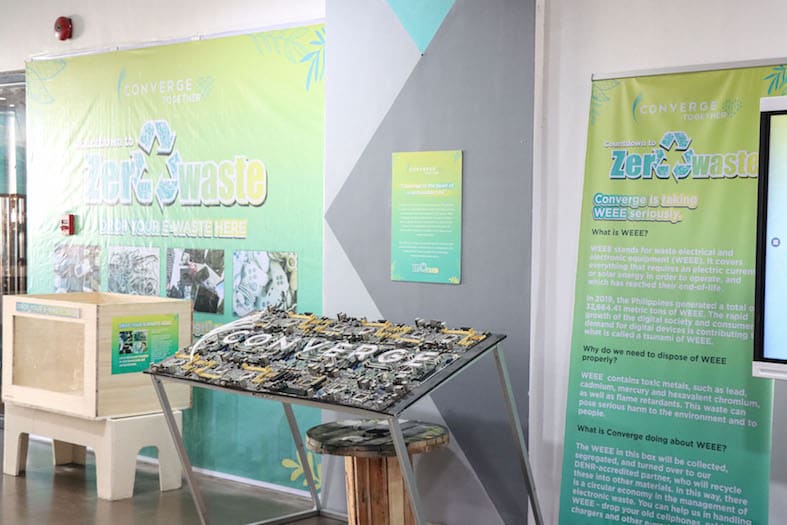The Department of Migrant Workers (DMW) on Tuesday said it is looking at blacklisting problematic recruitment agencies in Kuwait following the murder of overseas Filipino worker Julleebee Ranara.
Meanwhile, DMW Secretary Susan Ople said they are set to discuss the weaknesses in the bilateral labor agreement with their Kuwaiti counterparts.
No definite date of the talks however, has been set.
“We also need to discuss, marami e (so many), actually ‘yung reporting mechanisms, tracking of welfare cases, and the possible whitelisting and blacklisting of recruitment agencies as what we have now in Saudi Arabia. We will explore all possibilities,” Ople said in an interviewwith CNN Philippines.
The DMW has issued an order for the preventive suspension against the employer of slain Ranara.
On January 22, Ranara’s burned body was found in the middle of the desert. She was reportedly raped and impregnated by the 17-year-old suspect, a son of her employer. The victim was also reportedly beaten and ran over twice by the suspect’s car.
The suspect is now under the custody of the Kuwaiti police.
On Monday, President Ferdinand Marcos Jr. said he wants toknow if there are “weaknesses” in the labor agreement between the
Philippines and Kuwait.
He said a bilateral meeting is being scheduled with Kuwait to check the present agreement between the two countries.
“We are also scheduling bilateral meetings with Kuwait to look at the agreement that we have to see if there are weaknesses in the agreement that allow this to happen and to make sure that those weaknesses are remedied,” Marcos said after visiting Ranara’s wake.
“We hope this will never happen again to anyone of our countrymen,” he added.
In a related development, former President Rodrigo Duterte and Sen. Christopher “Bong” Go offered to host in Davao City the family of Jullebee Ranara who was reportedly raped and killed by a son of her employer.
Both Duterte and Go have also committed to provide separate assistance to Ranara’s family.
Go likewise reassured that his office is always open should they need additional help.
The senatorvisited the wake of 35-year-old overseas Filipino worker (OFW) who was brutally killed in Kuwait.
Go personally expressed his condolences to the victim’s family in Barangay Pamplona Tres, Las Piñas City.
During the wake, Duterte also expressed his condolences through a live broadcast in SMNI News’ Gikan sa Masa, Para sa Masa segment, saying, “Nakikiramay po kami sa inyo. I am sorry (that) this thing has to happen. Ang akin naman kapag gumana na naman ang kanilang criminal justice system at nahusgahan yung may kasalanan, okay (yun) sakin.”
Go renewed his call for the government to intensify efforts and protection safeguards for every Filipino working here and abroad.
He also urged relevant agencies to give the case due attention and help the family.
The DMW and the Overseas Workers Welfare Administration committed to provide support to Ranara’s family, including burial and livelihood assistance, life insurance,
psychosocial counselling for the family, and scholarship grants to the victim’s four children.
Ople has reaffirmed that they are pushing for a stronger bilateral agreement with Kuwait to ensure increased protection for Filipino workers in the Gulf state.
“There is a working, productive relationship between the Philippines and Kuwait that can be further enhanced not by imposing a deployment ban, but by revisiting the existing Bilateral Labor Agreement (BLA),” Ople cited.
“A new BLA would extend additional protection for our OFWs. We can accomplish more to protect our workers with the cooperation of the Kuwaiti government,” she added.
Go was one of the authors and co-sponsors of the Senate version of the Republic Act 11641 which created the DMW. It is the consolidated version of an earlier measure he filed which sought to create the
Department of Overseas Filipino Workers, ensuring the efficient and effective delivery of key government services for OFWs.
The law streamlined the organization and functions of all government agencies related to overseas employment and migration through the creation of the DMW.
The DMW also operates as a one-stop shop for both documented and undocumented OFWs, rendering government services from pre-employment to employment and reintegration.








